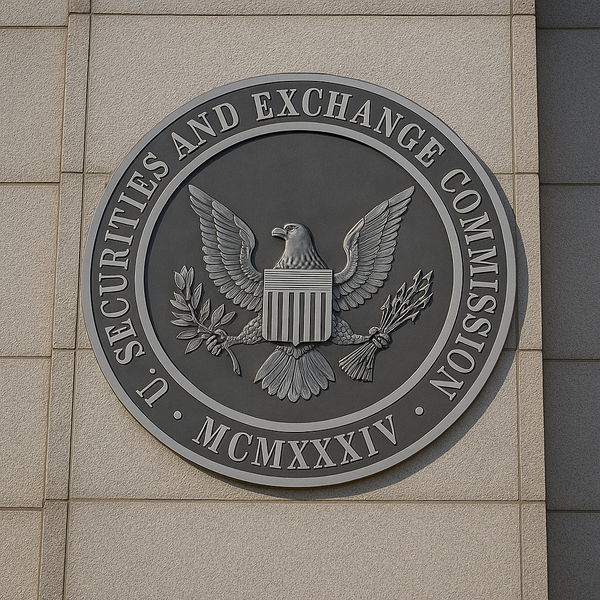
The U.S. Securities and Exchange Commission (SEC) has officially announced plans to revamp its cryptocurrency policy, ushering in a new era for an industry that has been plagued by uncertainty and regulatory risk. According to Reuters and major foreign media outlets, the SEC announced on the 4th (local time) that it will develop new rules related to digital assets within the next few months.
Through this reorganization, the SEC will pursue the following: ▲Establishing clear rules related to the issuance and sale of digital assets; ▲Introducing exceptions that suspend or exclude the application of regulations in certain circumstances; ▲Establishing a "safe harbor" system that exempts sanctions as long as certain conditions are met when the application of regulations is uncertain; and ▲Reviewing rule revisions to allow virtual assets to be traded on national stock exchanges and alternative trading systems (ATSs). In particular, the safe harbor provision is a protective measure long requested by the industry and is expected to serve as a safety net to ensure that companies attempting innovative businesses are not hindered in their growth due to regulatory uncertainty.
The SEC has maintained a harsh, punishment-focused enforcement approach against the virtual currency industry. This has led to a number of instances where major virtual asset companies in the US have expressed dissatisfaction with the business environment and considered relocating overseas or even actively seeking global markets. This policy shift is interpreted as a signal that the SEC intends to strengthen regulatory clarity and accommodate industry demands to a certain extent.
Industry experts predict that this measure could accelerate the institutionalization of the virtual currency industry. Reducing legal uncertainty surrounding digital assets in the US could encourage new corporate investment and financial institution participation, ultimately boosting market confidence. Specifically, if digital assets are officially traded on a national stock exchange or ATS, they will be treated alongside traditional financial products like stocks and bonds, bringing them closer to institutional financial markets.
This announcement is noteworthy because it aligns with digital asset legislation currently being discussed in the US Congress, such as the GENIUS Act and the Clarity Act. With both the legislative and executive branches accelerating efforts to restructure the cryptocurrency regulatory framework, the SEC's official shift in direction is seen as a signal of significant change across the US financial regulatory landscape.
The SEC's actions are likely to have ripple effects on global markets. With major financial hubs already rushing to institutionalize regulatory frameworks like the European Union's MiCA regulatory framework and Hong Kong's stablecoin issuance licensing system, the US, if it also begins to fully revamp its regulations, could set a new standard in the international regulatory landscape. This is expected to be a significant turning point for virtual asset companies and investors worldwide.







